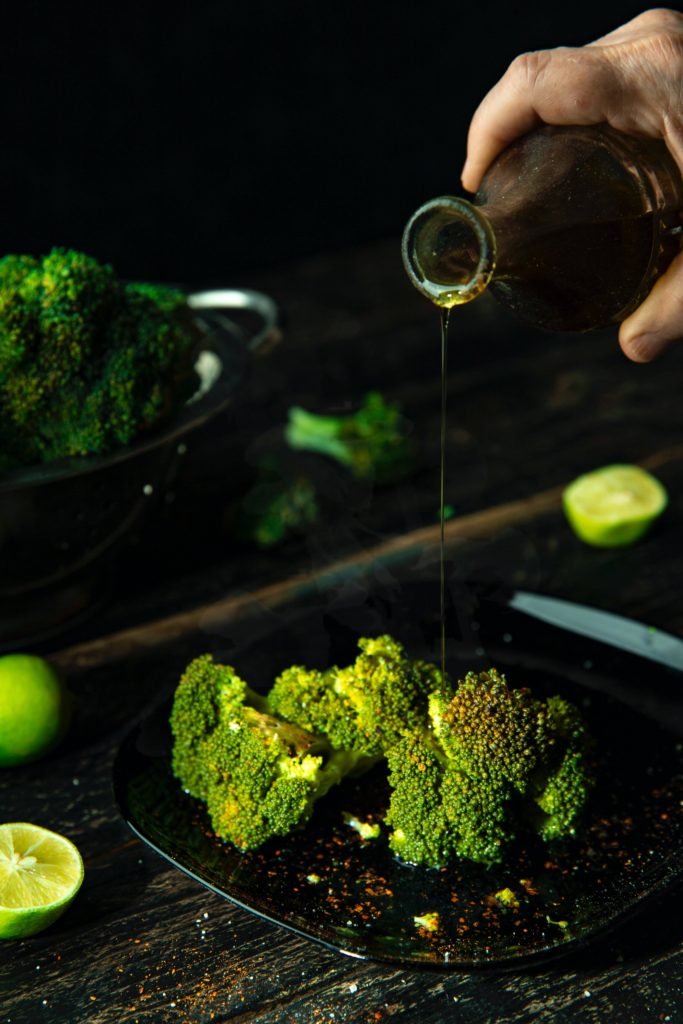
We often think of food in terms of calories, fats, carbs, and protein, but it is actually much more than this.
You can think of food as information that directly communicates with your genes. This communication is definitely positive or negative, in that it either signals your genes to activate disease mechanisms, inflammation, and premature aging, or it enhances health, prevents disease, and promotes longevity. This is also why my treatment approach factors in several inputs, not just physical imbalances but also nutrition, as well as stress, exercise etc.. just to mention a few.
Eating a serving of cruciferous vegetables daily can have a tremendous effect on your health in many ways.
In this article i summarized some of the benefits of cruciferous vegetable. Adding a daily portion to your diet can have many benefits.
Cruciferous vegetables are important sources of minerals, protein, vitamins and fibers.
They are good sources of vitamin A, vitamin C, vitamin K, and manganese.
Plant foods are also sources of protein. A cup of cruciferous vegetables provides about 3 grams of proteins.
The high fiber content of cruciferous vegetables can aid digestion and improve the health of gut bacteria.
They are also very powerful cellular antioxidant.
They are thought to play an important role also in cancer prevention. They contain phytochemicals known as isothiocyanates. These phytochemicals change the way estrogen is broken down in the body. This, in turn, decreases the risk of hormone or estrogen-related cancers like breast and uterine cancer.
Another compound found in cruciferous vegetables is Sulforaphane. This is particularly high in broccoli and broccoli sprouts, watercress, cabbage and Brussels sprouts.
Sulforaphane has anti-inflammatory and antioxidant property and activates enzymes involved in the detoxification. Why is this important? Because chronic inflammation and poor detoxification are two of the underlying causes of many diseases of our times.
To retain the full range of nutrients, it is best to eat cruciferous vegetables either lightly sautéed, raw or steamed.
I personally have at least a portion of one of the following every day:
- Arugula
- Pak choi
- Broccoli
- Brussels sprouts
- Cabbage (all varieties)
- Cauliflower
- Collard greens
- Dark leafy greens (all)
- Horseradish
- Kale
- Mustard greens
- Radish
- Romanesco
- Turnips
- Wasabi
- Watercress
They also make a good base for smoothies. These the ingredients i use in my favorite smoothie:
- Broccoli
- Avocado
- Chia seeds
- Linseeds
- A spoon of inulin powder
- Some Coconut milk
- ½ banana
- Cinnamon
So delicious and nutritious!
Feel free to tag your friends who might benefit from reading this article.
To your health,
Paola
Paola Pizzuto is a registered Osteopath in Edinburgh with a commitment and dedication to helping people achieve better health.
 Receive for free the e-book I have specifically written for you, to help you learn more about the uniqueness and preciousness of your body and start a new journey of greater health and happiness. Your email is not shared with third parties and stored a GDPR compliant service provider (AWeber).
Receive for free the e-book I have specifically written for you, to help you learn more about the uniqueness and preciousness of your body and start a new journey of greater health and happiness. Your email is not shared with third parties and stored a GDPR compliant service provider (AWeber).